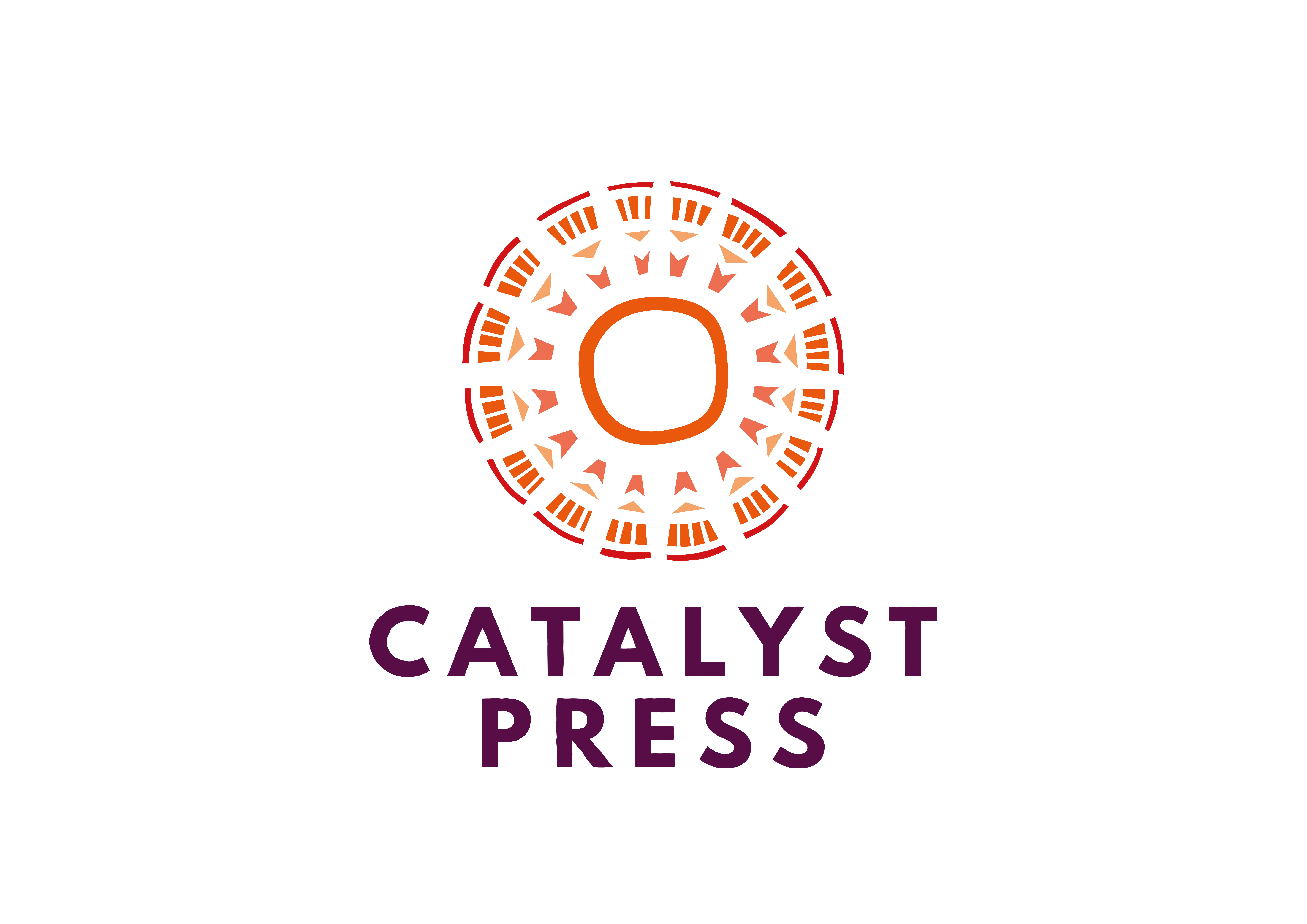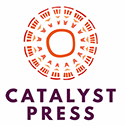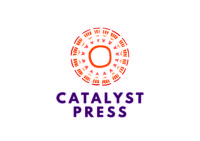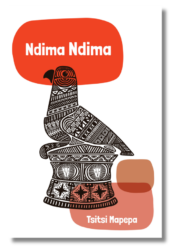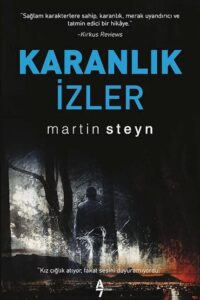
A huge congratulations to Marieke Lucas Rijneveld. Her novel, The Discomfort of Evening (translated by Michele Hutchison) was the winner of this year’s Booker Prize. It’s always exciting to see a work in translation win honors (especially during Women in Translation Month!). The role of the translator in bringing the shapes and nuances of an author’s words to another language can’t be understated. Over at the Los Angles Review of Books, there’s a great interview with Mustafa Çevikdoğan and Mehmet Erte, both writers and editors from Turkey. Their conversation touches on the publishing landscape in Istanbul, including the large number of translations available in the country: “Our market is saturated with translations, amounting to almost half of the books released. From Chinese to Norwegian to African languages, a wide range of world literature is translated into Turkish.” One of the titles that has recently been translated to Turkish is a familiar one for us at Catalyst— Dark Traces by Martin Steyn.
Also at Los Angles Review, a. great essay by Hope Wabuke on the frameworks of Afrofuturism and Africanfuturism, two genres that, in their own ways, “center Blackness, while engaging with the ability of science fiction and fantasy to speak about the oppression of marginalized individuals.” A fascinating look at the past, present, and future of Black speculative literature. Along those lines, there’s an interview at LitHub on one of our most speculative fiction authors, Octavia Butler. Aaron Robertson talks with illustrator James Ransome who illustrated a special edition of Butler’s 1979 novel Kindred.
Let’s move from speculative fiction to the other end of the scale: non-fiction. writes in Esquire about the process of fact-checking non-fiction books, including her own. From her piece: “When I set out to write my first book, I wanted to write a book that examined the very nature of facts and how we turn them into stories. To do this, I knew, I would have to get every fact that was verifiable correct. The more you want to ask the big, shifty questions, the more your foundation must be rock solid.”
Making sure that we advance the truth of our times has never been more important. As we face another terrible incident of police violence and another wave of protests, the way that we tell the stories of now— of the people, the movements, the emotions— is vital. In this piece at GEN, Mychal Denzel Smith writes about how writers have the power to expose injustice in our society: “It is the duty of the writer to have a longer memory than the nation’s. And not only a longer memory but a more precise rendering of events as they happen.”

Writers also have the power to create spaces that their readers never could have imagined. In this excerpt from Barbara Boswell’s new book And Wrote My Story Anyway: Black South African Women’s Novels as Feminism (Wits Press) at the Johannesburg Review of Books, she writes about how reading Bessie Head changed her life: “Head’s work jolted me awake, I realised, because I had not thought it possible that a black woman could be a writer. My education and socialisation had led me to believe that producing art—the production of a beautiful object, for no reason other than the pleasure of creating—was an activity that I, or someone like me, should not consider a possibility.” Barbara’s book is out next month. We couldn’t be prouder to have Barbara as part of the Catalyst roster. Her award-winning novel Unmaking Grace is out now.
Black women writers, their legacies, and their effect on generations of writers to come is explored in an essay at Entropy. Michael Nuñez writes about the work and legacy of Paule Marshall: “I credit Marshall for shifting my ways of seeing; I once thought the women in my family were perennially embittered by the frustrations of their past – I now realize their wisdom lay embedded in their speech, and their vitality is extant within me.”
In other Catalyst news, Peter Church, author of the Dark Web Trilogy, was recently on the Aubrey Masango Show to talk about the facts and fiction of the Dark Web— the hidden side of the Internet that served as inspiration for his books. His trilogy — Crackerjack, Dark Video, and Bitter Pill — are all out now.
For all of you thriller and crime-fiction lovers, this week is the last of our Summer Friday sales, and this time around you can save on our thriller/crime titles. You’ll save 40% when you use the code SUMMERFRIDAYS at checkout. This price is only at our site. Visit our shop to explore.
And finally, at The Conversation, a fascinating piece on the intersection between music and archeology, and what the scientific field can tell us about the music and sound-making practices of southern Africa 10,000 years ago.
